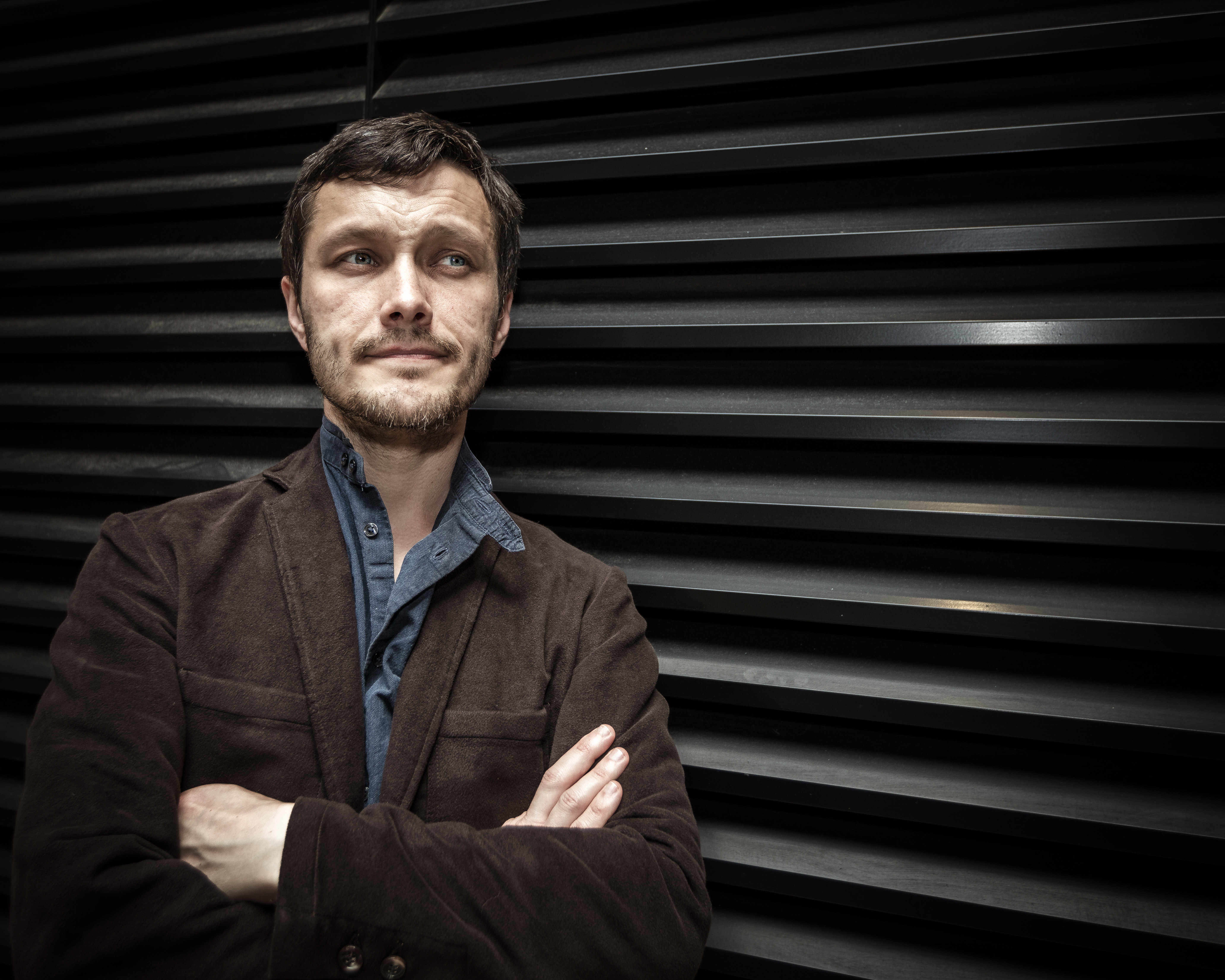
Dan Taylor is a Lecturer in Social and Political Thought at the Open University.
He is the author of three books, including Island Story: Journeys Through Unfamiliar Britain, which was shortlisted for the Orwell Prize in 2017, and Spinoza and the Politics of Freedom (EUP, 2021).
His next book, titled Where are we going?, uses five keywords (growth, care, borders, class and home) as a launchpad to explore social and political questions of place, identity, belonging and the future in five parts of England (the A13, Gateshead, the Fens, Bradford and Milton Keynes).
Dan lives in London and his interests range widely across politics and philosophy, with a particular focus on British politics and the politics of place. His new work combines interviews, discussion groups, partnerships with community groups, travel writing and social history through the lens of philosophy.
One example is his work in Gateshead with unpaid carers, critically exploring different ideas of “care”; another is with artists, communities and workers in East London debating “growth” and change along a busy arterial road.
He loves to cycle – Island Story was based on four months cycling across stranger, “left behind” parts of Britain before Brexit. At the Open University he teaches politics and has written films and audio programmes on topics ranging from democracy, UK climate change to the legacies of colonialism and enslavement. He is an academic lead on a four-part BBC-OU co-production “Union” (2023), on the past and present of the United Kingdom, with David Olusoga.
9 responses to “about”
My god. Coleoptera just took my breath. How amazing and fantastic. I wondered if I could reblog it and can’t figure out how!! It’s beautiful, breathtaking, sinful, hard and fluid….I love it and thanks for the beauty!
<> Primo Levi, The Drowned and the Saved
Human memory is a wonderful tool but it’s fallacious as well. (Primo Levi, The Drowned and the Saved)
Dan you have some wonderful story here.
I wonder if you will submit to your short story “Learning how to disappear” to being read at a event at the Albany theatre on the 16th of August. I am a volunteer at the Lewisham Talking Newspaper, and we are holding an event called “recorded live” This is a profile raising event sponsored by the NHS. The LTN hopes to record short stories, poetry and music for our regular listeners as well as hopefully connect with the North Lewisham area. We would happily supply a copy of the recording for your use. No money is being generated by the event as it is as I said simply to raise the profile of our free service.
Thank you for your time
Matthew Crowfoot
“To work is the only moral injunction in contemporary politics. Not working, or not working enough, have become so socially reprehensible that governments now seek to discipline and punish the poor without fear of electoral backlash.”
WRONG! Substitute JOB for Work, and this extract from your article makes sense. (You might observe the propagandistic technique of conflating work with jobs). I call this Jobism, and that’s clearly not doing much good.
But how do we frame the alternative?? “Not just Jobs or Bad Work — Good Work of all kinds and Better Lives too”. But how to make readers of the Daily Mail buy into this vision?
Are you up for it? Fighting Jobism, campaigning for Good Work?
Hmm, I’d disagree and suggest that ‘work’ is the moral aim: this is in keeping with the virtue of ‘drive’ and ‘dedication’ that is demanded of young people from the point of competitive exams, to unpaid internships, onwards. At the same time, it captures the moral quality of work itself within jobs, particularly when pressure from staff restructures and performance reviews compels employees to demonstrate a better ability to ‘work’, and an ability to work better. The pat language of ‘staff development’ really has at its core the improvement of productivity. Whilst ‘jobs’ may feel like the most discernible characteristic of modern labour, the insecurity and precarity of workers continually moving from one short-term job to another is less an issue of jobism and more an issue of insecure pay and working rights. The moralising virtue of ‘work’ is a smokescreen that places success and failure with the hard-working individual, rather than the greater civil problems of disorganised and unregulated (and hence unprotected) labour. I’m all for fighting for a good quality of public life with equal rights, and opportunities, for all – of which work is just one part. But thanks for a really interesting suggestion there.
I suggest you read (re-read surely) Ivan Illitch ‘The Right to Useful Unemployment’. Some, many jobs are good, intrinsically rewarding, some jobs are sinecures. Man!y forms of unpaid work are very demanding eg caring for sick relatives. If we can’t agree on the distinction between ‘work’ and ‘jobs’, and how for propagandistic reasons jobs and work have been elided, unpaid work (other than training for jobs) is branded ‘unproductive’ then we’re at cross purposes. Sorry, I thought we had the start of an interesting conversation!
Hi Taylor,
Read your last post and it is empowering. I loved it. Discovered you thanks to Znet. Thought you’d be interested in this illustration depicting meaningless human existence: https://www.facebook.com/#!/photo.php?fbid=637373459632942&set=a.484365654933724.95206.482787601758196&type=1&theater
Don’t be mislead into thinking that I’m writing to you exclusively because of sharing the same interests, it is also due to self-marketing!!!!!
Feel free to use any of my posts.
Cheers,
[…] that Tonal can also work for text-centric bloggers, British writer Dan Taylor has chosen the theme for THE DROWNED AND THE SAVED, where he shares his posts on philosophy, […]